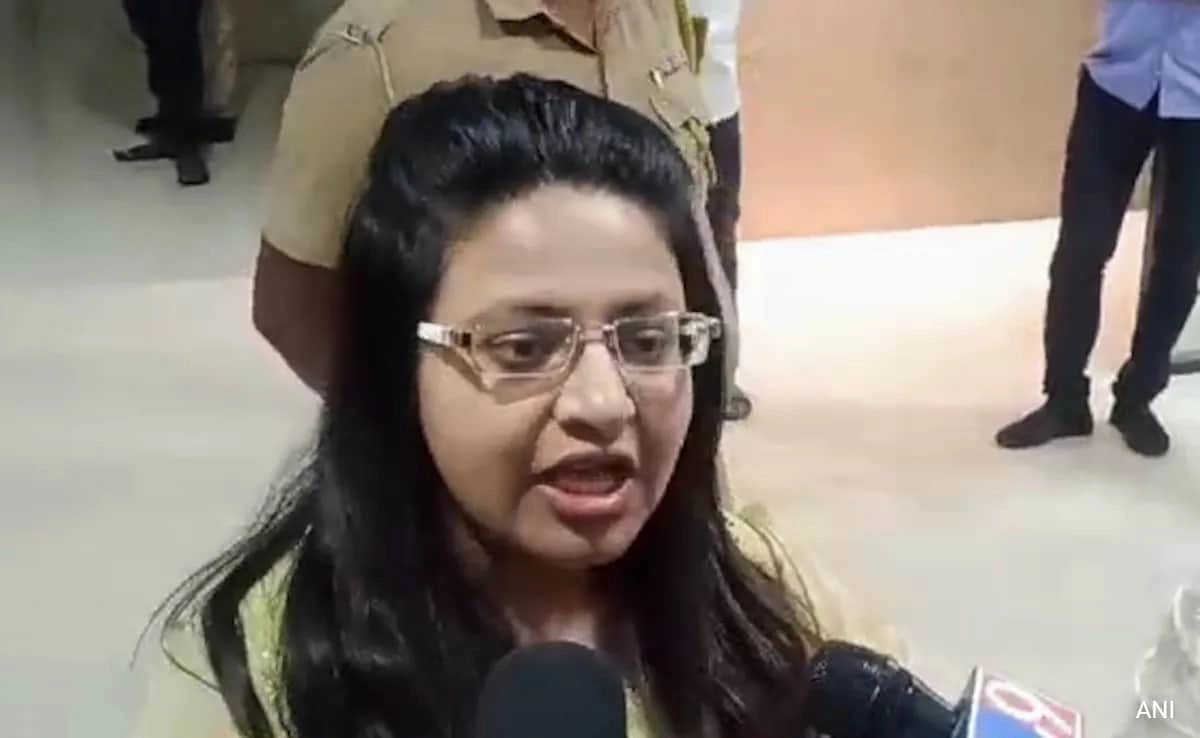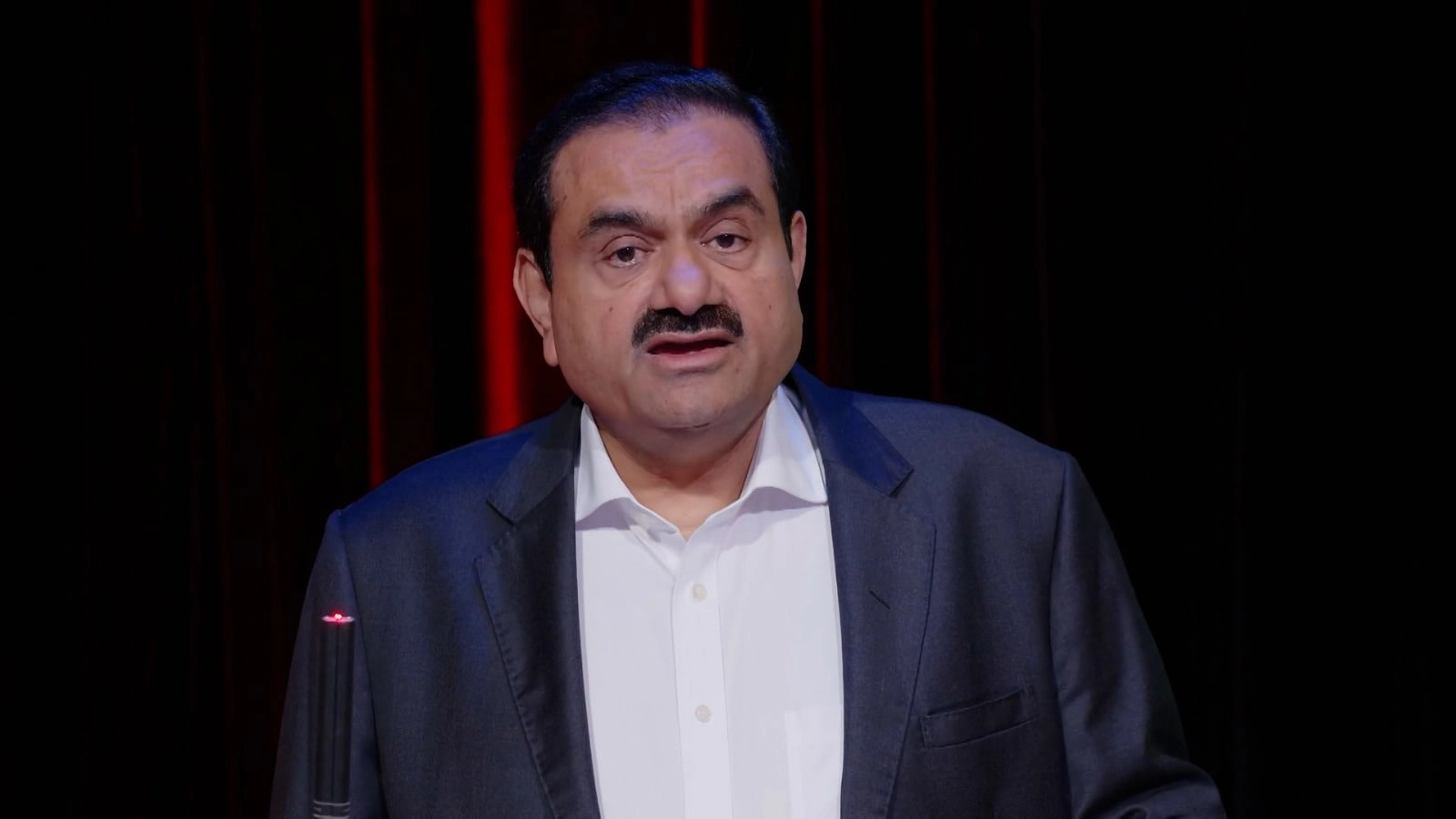A recent incident involving an attack on a Maratha outfit leader has ignited significant controversy and sparked a heated debate within political circles. The leader, who is known for advocating for the rights and welfare of the Maratha community, was reportedly assaulted with ink during a public event. This act of aggression has drawn widespread condemnation and has been perceived as an affront to the Maratha movement, which has been seeking recognition and benefits for its members within the socio-political landscape of India.
Allegations have emerged suggesting that a senior leader from the Bharatiya Janata Party (BJP) may have been involved in orchestrating the ink attack. This accusation has intensified the already charged atmosphere, as the BJP is a major political force in the region and has been at the forefront of several contentious issues related to the Maratha community. The involvement of a BJP leader in such a provocative incident raises questions about the party’s stance on community rights and its approach to dissenting voices.
The Maratha community has been a crucial demographic in Maharashtra, historically playing a significant role in the state’s politics and social movements. Their demands for reservations in education and government jobs have been a focal point of their activism, leading to widespread protests in recent years. The ink attack is seen not just as a personal assault on the leader but as a broader attack on the Maratha movement itself, potentially undermining the progress made in advocating for community rights.
In response to the attack, various political parties and civil society organizations have rallied in support of the Maratha leader, demanding accountability and justice. The incident has reignited discussions on political violence and the need for respectful discourse in addressing community grievances. As investigations unfold and more details emerge, the implications of this attack will likely resonate throughout Maharashtra’s political landscape, influencing both public sentiment and party strategies in the run-up to future elections. The incident serves as a stark reminder of the volatile interplay between politics and community identities in contemporary India.




